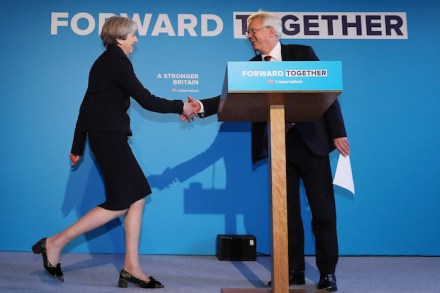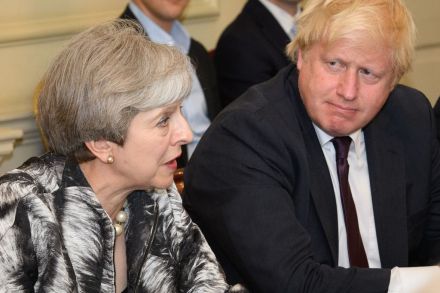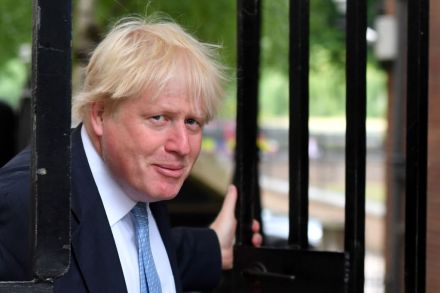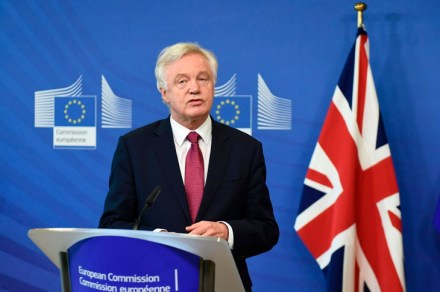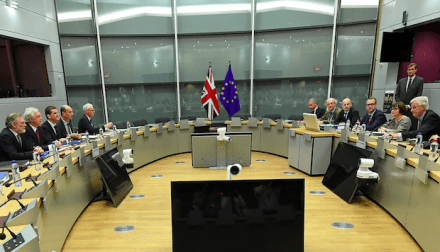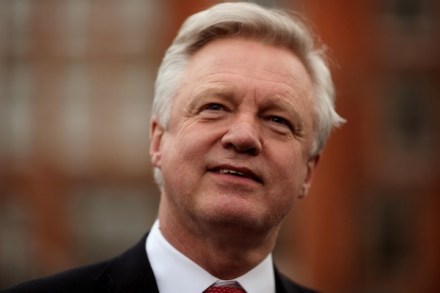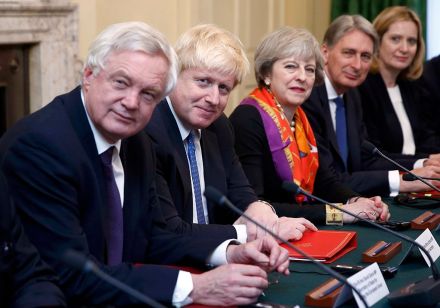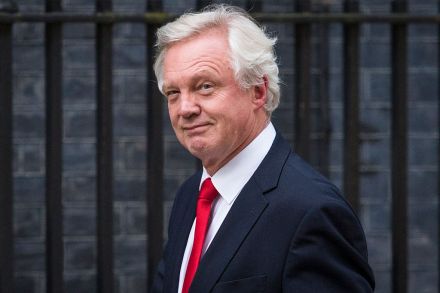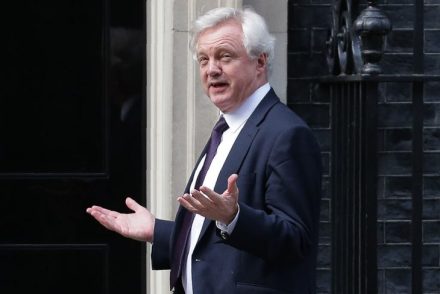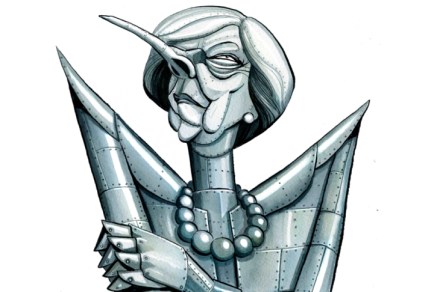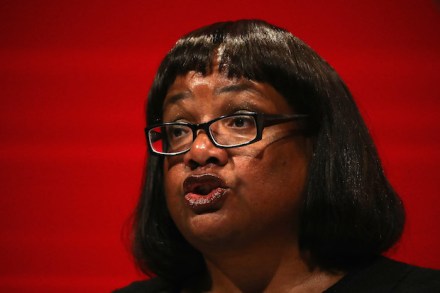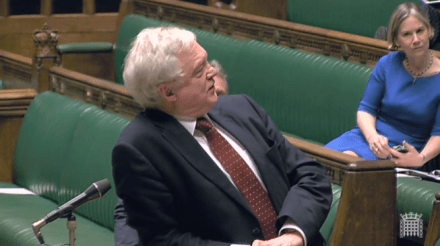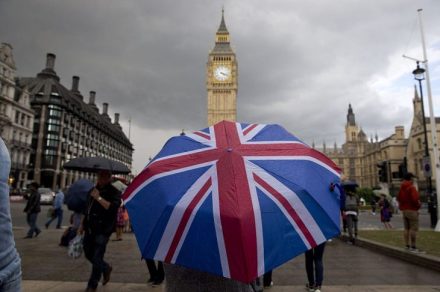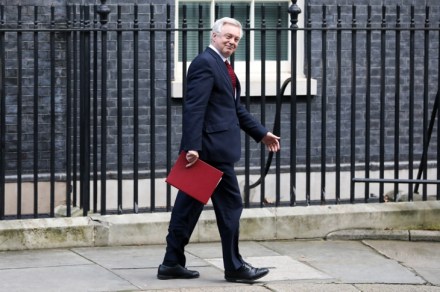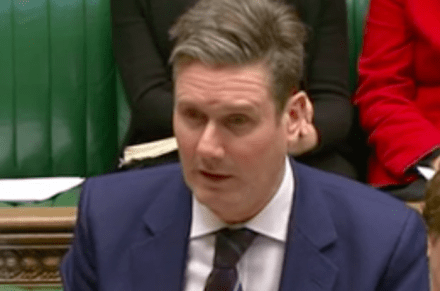Tory leadership tensions mustn’t undermine the Brexit talks
The May-Davis partnership used to be one of the strongest aspects of the government. She had brought him back from the political wilderness to be Brexit Secretary, and he was loyally working on the strategy for the negotiations. Even after the election went so wrong, Davis raced down to London to see her. But, as I say in the Sun today, Cabinet Minister reports that there are now tensions in this relationship. ‘The chemistry is not good now’, one tells me. Another says ‘that relationship has cooled’. The cause of the problem is Davis’ allies touting him for the leadership, and sooner rather than later. Those close to May don’t
